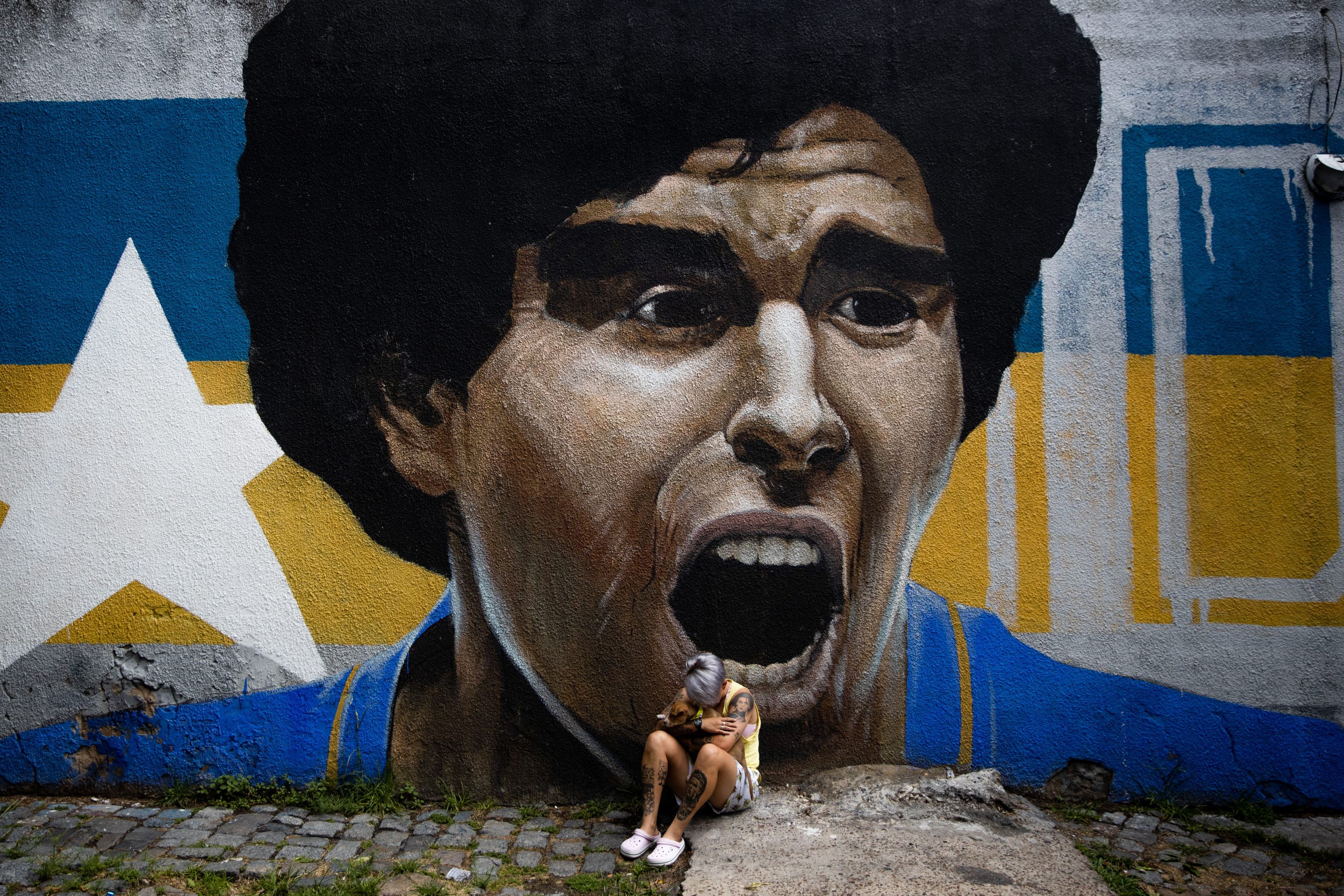“To hell with what might have been. No one can reach personal perfection in a complex world filled with distraction…what happened is all we have.” – Stephen Jay Gould In the days since Diego Maradona died last Wednesday it has sometimes been hard to reconcile the images of joy and transcendence with a media narrative running parallel. This other insistent tale told us that we were mourning a great man unfulfilled, a great man destroyed by his “demons”, as people insist on calling them. Diego Maradona, the man, might well have lived a different, longer and less disturbed life if…
Cancel at any time. Are you already a member? Log in here.
Want to read the full story?
Unlock this article – and everything else on The Currency – with an annual membership and receive a free Samsonite Upscape suitcase, retailing at €235, delivered to your door.

